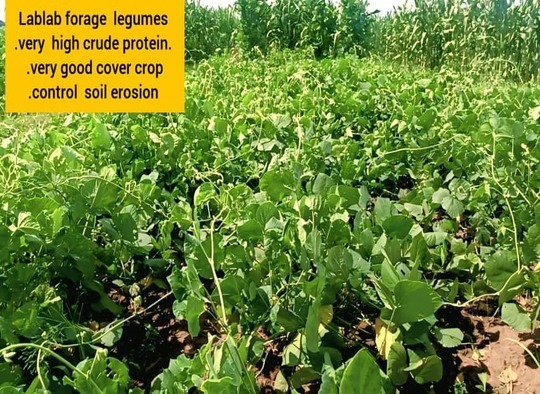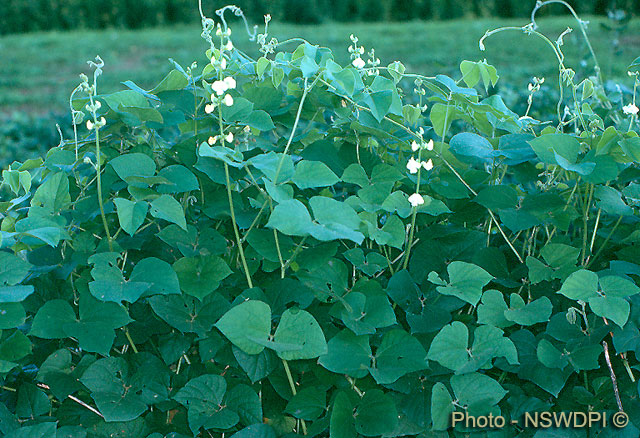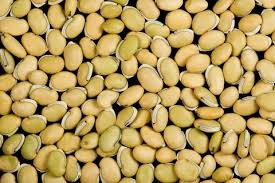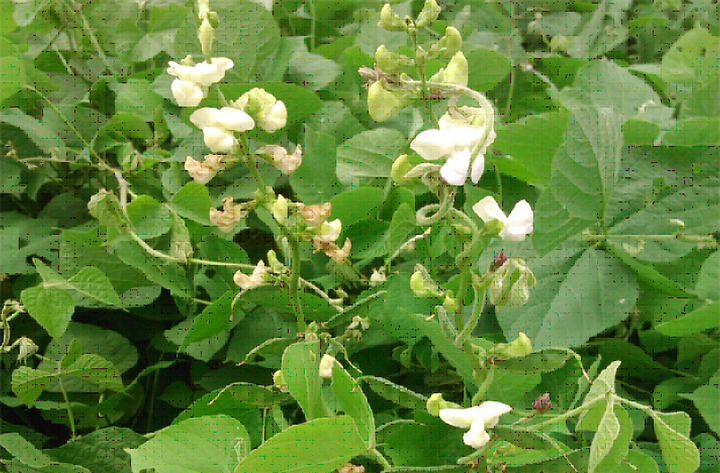Welcome to Itungo Pastures
- +256705167067, +256782185097, +256744000011
- Wakiso Town Council along Hoima road
- itungopastures@gmail.com

Lablab, scientifically known as Lablab purpureus, is a versatile legume cultivated for food (young pods, seeds, and leaves), animal forage, and as a soil-improving green manure. Originating from sub-Saharan Africa, it grows in various tropical and subtropical climates, with different varieties suited for either vegetable use, requiring support, or as field-type forage.


